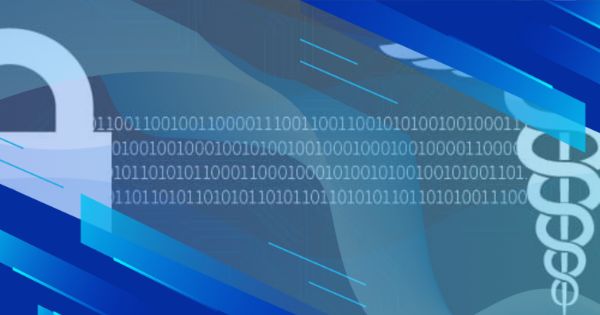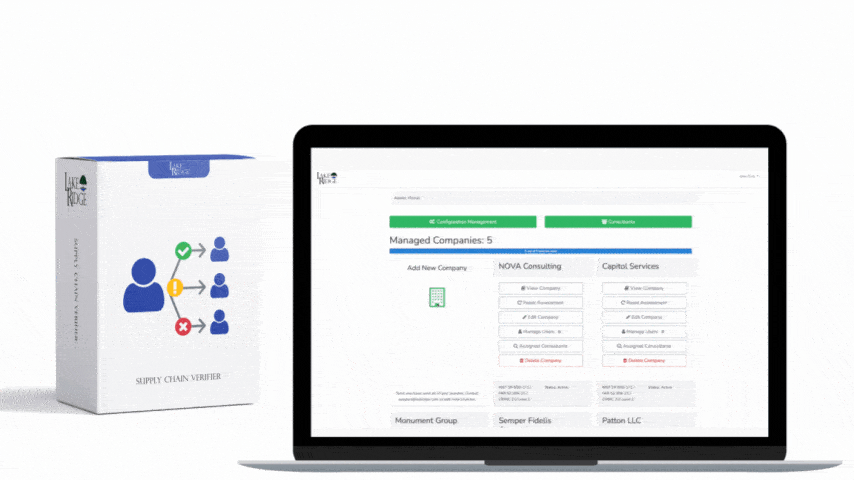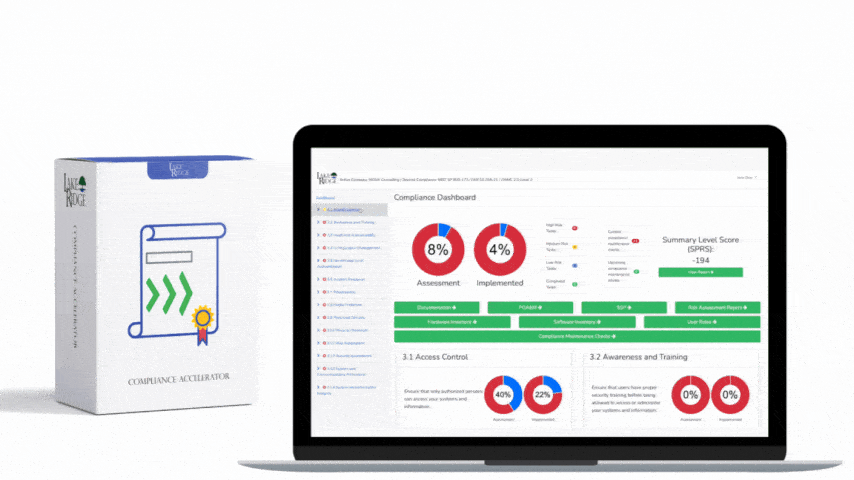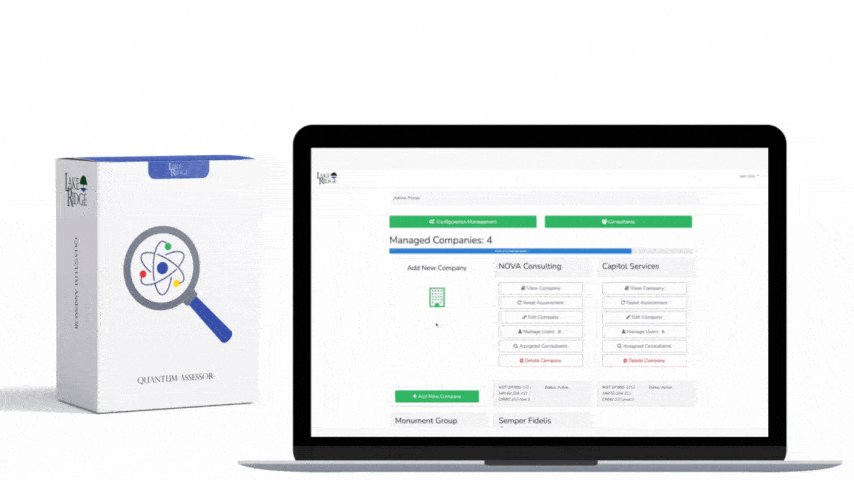With the amendment to the HITECH Act in 2021, the HIPAA encryption requirements have gained significant relevance. This amendment allows the HHS' Office for Civil Rights to use discretion when imposing penalties for HIPAA violations, as long as Covered Entities and Business Associates can prove twelve months of compliance with a recognized security framework. While the HIPAA encryption requirements only occupy a small portion of the Technical Safeguards in the Security Rule (45 CFR §164.312), they play a crucial role in safeguarding the confidentiality of electronic Protected Health Information (ePHI) and determining whether a data breach should be reported under the Breach Notification Rule. By implementing encryption solutions that adhere to NIST SP 800-111 for data at rest and NIST SP 800-52 for data in transit, organizations not only fulfill the encryption requirements but also meet the criteria of the 2021 amendment to the HITECH Act (HR 7898) for a recognized security framework.
HIPAA Encryption Requirements
The HIPAA encryption requirements are part of the Security Rule standards that cover access controls and transmission security. It may seem unclear when read without context, but the encryption requirement is included in the first standard, which emphasizes granting access rights solely to authorized individuals or software programs.
When examining the Security Rule in its entirety, the purpose of the requirement is to safeguard electronic Protected Health Information (ePHI) so that it remains unreadable, indecipherable, and unusable to individuals or software programs lacking authorized access. Therefore, while implementing this standard, it becomes crucial to also take into account other relevant standards such as person or entity authentication, emergency mode operation plans, and password management. The second standard necessitates that Covered Entities and Business Associates employ technical security measures to prevent unauthorized access to ePHI transmitted through electronic communication networks. Although using a VPN can potentially block unauthorized access, a more logical approach would involve implementing encryption software. This way, if unauthorized individuals were to gain access to electronic communications containing ePHI, they would be unable to read, decipher, or utilize the information.
HIPAA's Encryption Requirements for Data at Rest
The HIPAA data at rest encryption requirements, specified in the 'access controls' standard, pertain to any electronic protected health information (ePHI) stored on servers, desktop files, USBs, or mobile devices. It is highly recommended to implement these encryption requirements for all relevant data to thwart hackers from exploiting the most vulnerable entry points and infiltrating the network. Unencrypted devices, which do not handle ePHI, become prime targets for attackers who can exploit various methods like malware, phishing, or brute force attacks to gain unauthorized access. Subsequently, once these devices connect to a network, hackers can then exploit any unprotected gateways to search for additional weak spots until they reach their intended target. By applying the HIPAA data at rest encryption requirements to as much data as possible, including login credentials and authentication codes, significant hurdles are created to dissuade hackers from persisting and lead them to seek easier prey. Though this may slightly impact certain processes due to the time-consuming nature of encrypted access, any resulting decrease in efficiency is worthwhile as it elevates overall security measures.
HIPAA Email Encryption
When it comes to protecting sensitive data sent over the internet (as defined by the 'transmission security' standard), utilizing HIPAA compliant email encryption software is the most effective method. This software not only encrypts the text content of emails, but also secures any file or image attachments, ensuring the safety of any ePHI contained within. It is important to keep in mind that if you are using an email service in conjunction with HIPAA compliant email encryption software, you must establish a Business Associate Agreement with the email service provider.Additionally, it is crucial to understand that encryption is only one of two requirements outlined in the transmission security standard – the other being integrity controls. Therefore, any HIPAA compliant email encryption software utilized to comply with this standard must include features that prevent unauthorized alteration or deletion of emails. This explains why Instant Messaging apps like WhatsApp are not suitable for HIPAA compliance, despite message encryption.A viable solution to guaranteeing the integrity and availability of ePHI communicated via email is to incorporate a HIPAA compliant email archiving solution. This solution functions by creating a copy of each email as it passes through the mail server and storing it securely in read-only format on a protected server. By implementing this approach, not only is an unchangeable copy of each email ensured, but Covered Entities can also more easily meet the retention requirements for HIPAA documentation and patients' medical records.
The Advantages of HIPAA Encryption Regulations
The advantages of using HIPAA compliant encryption are manifold. Firstly, Covered Entities and Business Associates are less likely to encounter a significant breach of unsecured ePHI that would require notifying affected individuals. Moreover, if such a breach does occur, organizations can demonstrate compliance with a recognized security framework.These benefits have profound financial and administrative ramifications for Covered Entities and Business Associates. By reducing the number of notifiable breaches of unsecured ePHI, these entities can avoid the administrative burden of notifying affected individuals, arranging and paying for credit monitoring, and dealing with breach investigations. Additionally, a lack of breach notifications improves an organization's compliance record with HHS' Office for Civil Rights, which becomes especially crucial in the event of a HIPAA violation that could not have been prevented with encryption.Furthermore, being able to prove compliance with a recognized security framework has become even more advantageous since the 2021 amendment to the HITECH Act. HHS' Office for Civil Rights now has the authority to forgo penalizing HIPAA violations and adopt a more flexible approach to compliance investigations, audits, and Corrective Action Plans.Considering all these factors, it becomes evident that investing time in comprehending the HIPAA encryption requirements is well worth it.
HIPAA Data Encryption
In accordance with HIPAA regulations, data encryption involves the use of an algorithm to scramble electronic Protected Health Information (ePHI). Only authorized individuals with access to an encryption key can decrypt the data. Typically, this encryption key takes the form of a password or other authentication method that is assigned by a Covered Entity or Business Associate to individuals who are granted authorization.
The Importance of Encrypting ePHI: Ensuring Security at Rest and in Transit
To ensure that unauthorized parties cannot access and use sensitive data, it is essential to encrypt ePHI both when it is stored and when it is being transmitted. By encrypting the data, it becomes unreadable and unusable, providing protection against hacking attempts as well as interception over open networks. If data is obtained without proper authorization but remains unreadable, undecipherable, and unusable, it is not considered a breach of unsecured ePHI that requires notification.
Understanding the Scope of Compliance with the HIPAA Security Rule
All entities and individuals involved in the healthcare industry are required to adhere to the rules outlined in the HIPAA Security Rule. Additionally, it is highly recommended that organizations involved in the collection, storage, or transmission of personally identifiable health information, such as vendors of personal health records and fitness wearables, also implement Security Rule standards to ensure the protection of data confidentiality, integrity, and availability.
Is Encryption Required under HIPAA Guidelines?
According to the regulations set forth by HIPAA, encryption is not a mandatory requirement. Instead, it is considered an addressable implementation specification, allowing Covered Entities and Business Associates the flexibility to decide if encryption is necessary based on it being "reasonable and appropriate" for safeguarding electronic protected health information (ePHI) and if there are equally effective alternative measures in place.
The Advantages of Encrypting HIPAA Data in Transit
HIPAA encryption in transit offers a crucial advantage by safeguarding communications that carry electronic protected health information (ePHI) as they pass through several routers between the sender and recipient. During this journey, each router retains a temporary version of the communication, which creates vulnerability for potential interception by hackers at any point. By encrypting ePHI in transit, we ensure that any access or interception by hackers would render the content unreadable, undecipherable, and therefore, useless.
HIPAA Encryption Standards: What You Need to Know
According to the National Institute of Standards and Technology (NIST), the HIPAA encryption standards are the bare minimum requirements to safeguard electronic protected health information (ePHI) both when it is stored and when it is being transferred. Currently, the absolute minimum standard is AES 128-bit encryption, which was established nearly five decades ago. However, considering the advancements in technology and the evolving security landscape, it is highly recommended that organizations adopt more robust encryption solutions such as AES 192-bit and 256-bit encryption to ensure greater protection for ePHI.
HIPAA Security Rule encryption requirements
According to the HIPAA Security Rule, it is necessary to establish a method of encrypting and decrypting electronic protected health information (ePHI). This helps ensure that only authorized individuals or software programs with proper access rights can gain access to it (45 CFR §164.312(a)(1)). Additionally, there is a requirement to employ encryption for ePHI whenever deemed necessary to prevent unauthorized access when transmitted through electronic communication networks (45 CFR §164.312(e)(2)).
Is Office 365 email encryption HIPAA compliant?
Office 365 email encryption meets HIPAA compliance requirements when a Business Associate Agreement is established with Microsoft. The reason behind this is that while Microsoft cannot access the data directly (as the encryption key is held by the Covered Entity or Business Associate), the Department of Health and Human Services regards cloud service providers as having ongoing access to the data.
Which HIPAA Encryption Software Does The Department of Health and Human Services Recommend?
HHS, the Department of Health and Human Services, has deliberately chosen not to recommend any specific HIPAA encryption software. This decision is based on the understanding that technology continuously evolves, as acknowledged by the agency when the Security Rule standards were initially published. For instance, the requirement for stronger passwords is a prime example of how technology advancements can impact HIPAA. Consequently, HIPAA has been designed to be neutral towards technology, allowing flexibility for future advancements.



